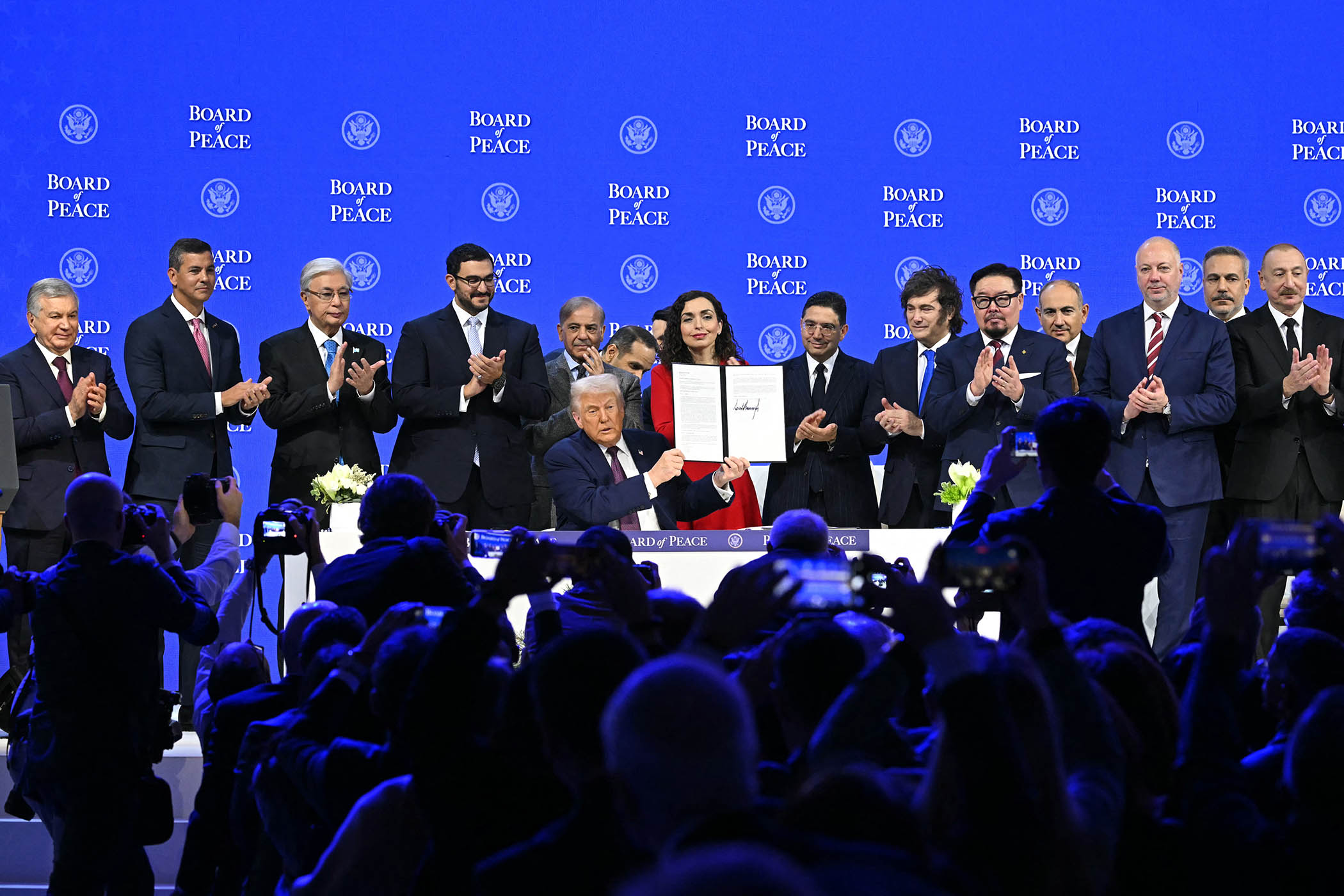This week the UK government appeared to walk away from more than 200 years of its own policy with barely a backward glance. Indeed, to listen to ministers, it’s as though there had never been any consistent approach to the recognition of other countries, still less one that has applied for centuries.
But walk away it did. Whether this apparently casual disregard for the wisdom of the past is a good idea remains to be seen.
For almost all the history of the modern United Kingdom, the policy on recognition of other states has not been driven by morals or desires, but by practicality. Britain has been unwilling to recognise countries unless they are thought to be stable. The criteria for this judgment have broadly been that the state in question should have a defined area, a permanent population and a government capable of maintaining its borders.
There was international acceptance of this, codified in the Montevideo Convention of 1933. To understand why it was considered important to focus on a stable and secure state, look at what happens when it goes wrong. The most recent terrible example of this happened during the break-up of Yugoslavia.
In late 1991, Germany, freshly reunified by international agreement, wanted to recognise Slovenia and Croatia as breakaway states from Yugoslavia. Germany had strong economic ties to Yugoslavia before its partition and also had strong cultural associations with Catholic Slovenia and Croatia.
Chancellor Kohl felt that the two countries should be given the chance for self-determination. He pressed the then EEC to recognise them.
Others were not so sure. Britain and France favoured a negotiated solution and international agreement, and strongly disliked the idea of unilateral declarations of independence.
Germany, then in the ascendant, recognised both states at Christmas 1991, and in 1992 pressed Europe to follow suit. The rest was a bloody and protracted war, which might have happened anyway, but which was, at the very least, accelerated by German and then European recognition of the breakaway states.
Related articles:
The appalling situation in Gaza demands action. But wishing an end is one thing, achieving it is another
The appalling situation in Gaza demands action. But wishing an end is one thing, achieving it is another
The reason why Britain’s premature recognition of Palestine is potentially dangerous is because when those on the ground start to see the possibility of one outcome being inked in by the international community, they often rush to change the facts in situ before that ink is dry. Such conflicts can be particularly brutal and bloody, because they tend to involve geographically close communities, and are often a form of civil war, where neighbouring communities turn on each other.
This risk has long been recognised around the world and, for the most part, recognition has followed from stability after fighting, rather than while conflict is ongoing. After the American Revolutionary War, the status of the US was settled by the Treaty of Paris in 1783, once the stability of the former colonial states was clear.
Newsletters
Choose the newsletters you want to receive
View more
For information about how The Observer protects your data, read our Privacy Policy
The UK’s approach has changed over time. In the 19th century there was a division between those states that the UK wished to colonise, for example parts of Africa, and those with which it simply wanted to trade, such as the emergent countries of South America. But the common theme was stability. Whether as colony or independent country as trading partner,the UK wanted a stable entity with which it could do business.
Nowadays there is more emphasis on humanitarian issues and international law, but the same golden thread still runs through the fabric of state recognition. The aim of it is to acknowledge the stability of the position, and cement it into place, for the benefit of all.
There is little doubt that the current chorus of calls for the recognition of a Palestinian stateis well intentioned. Conflict in the Middle East has been a long-running and bloody sore, which has cost countless lives and spread endless misery. The appalling situation in Gaza demands action.
But wishing an end is one thing, achieving it is another. Few people outside the region have any leverage over what happens on the ground. Many on the ground have the power to frustrate the desires of well-meaning but powerless foreign leaders. If they do act to thwart the will of outsiders, the violence and misery could intensify.
The number of international states that have stepped forward saying that they will recognise a Palestinian state might seem to offer hope. But in the West Bank in particular, where any Palestinian state would be centred, the tension between communities with poorly defined borders, and the strong emotions and enmities involved, means that potential for explosive conflict is high.
In 1992, not only Europe but the whole of the UN recognised both Slovenia and Croatia as independent countries. There was strong international support, just as there is now. Much good did it do anyone involved.
It might just be worth the UK risking a glance over its shoulder at history, before September comes.
Photograph by David Azaguri/US Embassy Jerusalem via AP



